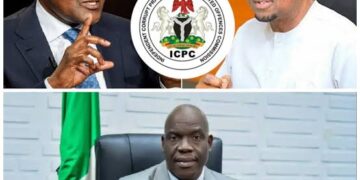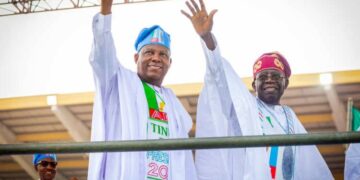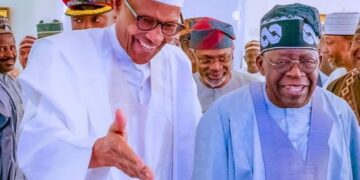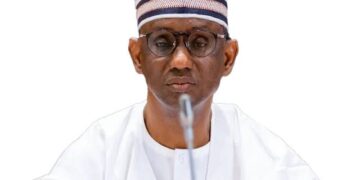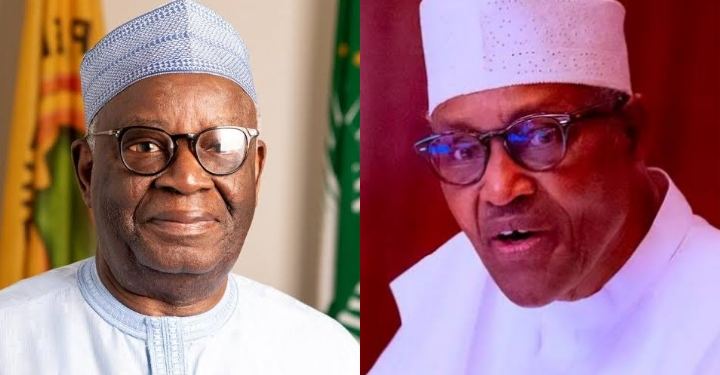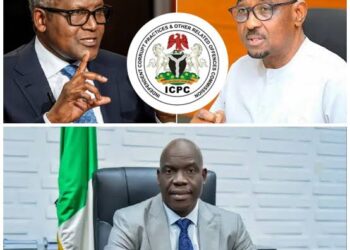Former Chief of Staff to the late President Muhammadu Buhari, Professor Ibrahim Gambari, has disclosed how members of Buhari’s inner circle often bypassed official channels to deliver memos directly to the president.
Speaking on Channels Television’s Inside Sources on Friday, Gambari explained that despite Buhari’s directive that all correspondence must pass through the Chief of Staff, some individuals leveraged their informal relationship with the president to sidestep protocol.
“They knew his weak moment, they knew when to smuggle (memos) because they knew him as they interacted with him informally,” Gambari said.
Gambari, who held the Chief of Staff position from May 2020 until the end of Buhari’s administration in May 2023, said the president initially made his expectations clear regarding memo routing.
“When I came as Chief of Staff to the President, he made a statement publicly. He said all memos must go through the Chief of Staff before coming to him.
“Even the Vice President (Yemi Osinbajo), to his credit, always passed his memos through me and several ministers, but our people still got their memos to him from behind because they knew his weak point and who to use and he never stopped them but the advantage I had was that the memos came back to me,” he explained.
Gambari also addressed the widely discussed issue of a “cabal” in Buhari’s presidency, acknowledging its existence.
“They say there was a cabal, there was. Every government has a cabal. They may call them a kitchen cabinet; they may call them a think tank.
“(Former President Olusegun) Obasanjo had a group of people. The Aboyades of this world and others – a small group of people. It’s the nature of the office of the president that they must have some people in and out of government whom they can let their guard down to and talk to freely.
“Some have more powers than others, but I’m bold to say that every government has a cabal of some kind or another, whatever name it is called. So, there was (a cabal under Buhari),” he said.
Reflecting on Buhari’s leadership style, Gambari recalled his earlier time as Minister of External Affairs during Buhari’s military rule between 1984 and 1985. He noted that Buhari was often reluctant to dismiss appointees, even under significant pressure.
He also touched on Buhari’s ouster by his military colleagues, suggesting that resentment over the president’s reliance on external advice may have played a role.
“I was a minister 1884–1985 but I wasn’t privy to why he was removed by his colleagues; they put him there but one of the reasons I’m told was the military people were resenting the fact that Head of State Buhari was now getting a lot of advice and second-guessing the decision of his military colleagues – the Supreme Military Council.”
Gambari’s remarks offer fresh insight into the internal workings of the Buhari administration and how informal influence often shaped presidential decision-making.

